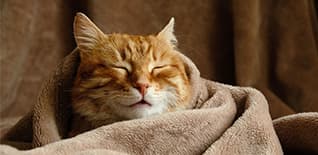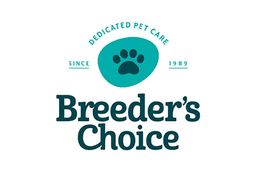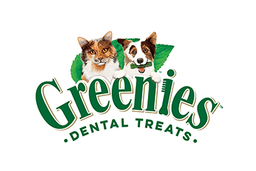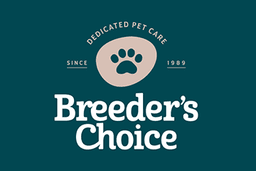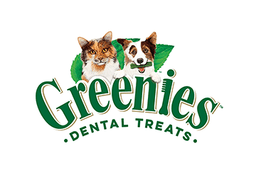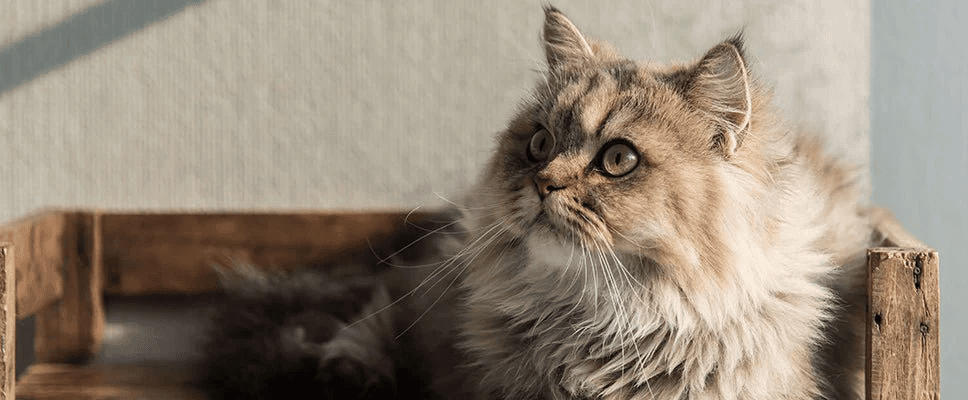Adopting a senior cat is a decision filled with compassion and love. While kittens might steal the spotlight with their boundless energy and cuteness, older cats offer a deep sense of companionship that’s often overlooked. Sadly, senior cats in shelters are often passed by, spending their golden years waiting for a home, or worse, facing euthanasia. However, choosing to adopt a senior cat is not only life-saving for them—it also adds joy and fulfilment to your life.
Benefits of Adopting a Senior Cat
Cats are considered seniors at seven years old. Mature felines have many qualities that make them great companions.
1. What You See is What You Get
One of the greatest perks of adopting a senior cat is knowing their personality upfront. Unlike kittens whose traits are still developing, older cats have established temperaments. Whether you’re looking for a lap cat or an independent observer, you can find a senior cat whose personality fits your lifestyle perfectly.
2. Calm and Independent
Senior cats tend to have lower energy levels compared to their younger counterparts. This makes them perfect for people who want a more laid back companion or who may not have time for the constant attention a kitten demands. They still love a snuggle and some playtime, but they’re also content relaxing in a sunny spot and having some me-time.
3. Less Destructive Behaviours
Older cats have already learned the ropes of living with humans. They’re less likely to scratch furniture, knock things off shelves, or get into mischief. Senior cats are usually litter box trained and are accustomed to house rules, saving you the effort of early training.
4. Adoption Costs Can Be Lower
Many shelters offer reduced adoption fees for senior pets, and older cats typically come with the bonus of already being desexed, vaccinated, and often microchipped. This can save you significant costs compared to adopting a kitten.
How to Care for a Senior Cat
Understanding Cat Age and Health
As your cat reaches 7 to 10 years of age, they enter their senior stage—a phase that brings subtle yet important changes. Though they may still appear youthful, age can affect their mobility, energy, and overall comfort. To ensure their comfort during these years, be mindful of subtle shifts in behaviour, such as reluctance to jump, stiffness after resting, or less enthusiasm for play. Early recognition of these changes allows you to make lifestyle adjustments that promote their wellbeing, including the introduction of joint supplements to support mobility and overall joint health.
Senior Cat Food: Nutrition Matters
Nutrition plays a crucial role in your cat's ageing process. Senior cat food is designed to address their changing dietary needs, often featuring reduced calorie content, added fibre, and supplements like glucosamine to support their joints. Wet food is a great option for older cats, especially those with dental issues or dehydration concerns. By ensuring your senior cat gets the right nutrients, you can help them maintain energy and overall health.
Look for senior cat foods from brands like Hill’s Science Diet or Royal Canin, which are formulated with the specific needs of older cats in mind.
Recognise the Signs of Old Age in Cats
As your cat grows older, subtle changes in their behaviour and habits will start to appear—more time spent resting and less energy for playful antics. While these shifts are a natural part of ageing, being aware of the signs allows you to provide them with the necessary support needed to maintain their quality of life. Regular monitoring of your cat's habits will help you catch any potential health issues before they escalate.
Some Common Conditions That Affect Senior Cats
- Arthritis (limited mobility)
- Kidney disease
- Heart disease
- Thyroid disease
- Diabetes
- Dental disease
- Hearing or visual problems
Other Common Behavioural Changes to Watch For
Changes in your cat’s behaviour can also be an indicator that something is wrong. Look out for signs such as:
- Increased agitation, vocalising, or aggression
- Difficulty eating or a reluctance to eat
- Difficulty breathing or coughing
- Unexplained weight loss or gain
- Excessive thirst or urination
- Diarrhoea or changes in litter tray habits
- New lumps or growths
If you notice any of these signs, a vet visit is recommended to assess your cat’s health and begin any necessary treatment plans.
Though some of these health concerns may seem worrisome, senior cats can still lead fulfilling and joyful lives with proper attention and care. Giving an older cat a loving home allows them to embrace this new chapter with comfort and security, while you gain a loyal, grateful companion who has so much love left to give.
Creating a Comfortable Environment for Senior Cats
Accessibility
As cats age, jumping onto high surfaces or climbing stairs can become difficult and uncomfortable due to joint pain or reduced mobility. To make their favourite areas more accessible, consider adding pet stairs or ramps to help them reach places like beds or windowsills. Skid-resistant rugs or furniture can also provide stability, preventing slips and further strain on their joints.
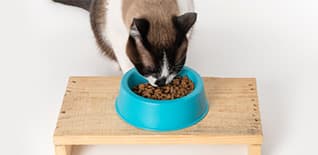
Benefits of an Elevated Cat Bowl
Comfortable Bedding
Senior cats tend to sleep more, often needing up to 18 hours of rest per day. Offering soft, supportive bedding can make a big difference in their comfort. Opt for orthopaedic or memory foam beds that cushion their joints and ease any pressure points. Placing their bed in a quiet, draft-free area will ensure they can rest peacefully.
Heated beds or warming pads can soothe their aches and provide comfort during the colder months.
Litter Box Accessibility
Senior cats may move slowly. Reduce the distress – add an extra litter box in a convenient and easily accessible place, or put a litter box on each level of a multi-storey house. Mobility issues like arthritis may make it harder for your cat to access traditional litter boxes. Consider switching to a litter box with lower sides, allowing for easier entry and exit.
Enriching the Life of a Senior Cat
Even though senior cats are less active, they still need mental and physical stimulation. Provide interactive toys, puzzle feeders, or even short, gentle play sessions to keep their minds sharp. Regular grooming sessions will also keep them looking and feeling their best, especially since many older cats become less diligent with their self-care routines.
Use soft brushes or grooming gloves to help senior cats manage matting, especially around the back and sides where they may have difficulty reaching.
Senior Cats FAQs
How Old is a Senior Cat?
A cat is considered senior at around 7-10 years old. In terms of cat to human years, a 7-year-old cat is about equivalent to a person in their early 50s. However, age-related changes can vary from cat to cat, and some may not show signs of ageing until they are older.
How can I tell if my cat is in pain?
Senior cats may hide their pain, but signs to look out for include reduced activity, reluctance to jump, limping, changes in grooming habits, and unusual aggression or withdrawal. Always consult a vet if you suspect your cat is in pain.
What should I feed my senior cat?
Senior cats benefit from specially formulated senior cat food that is lower in calories, higher in fibre, and enriched with supplements such as glucosamine for joint health. Wet food can also help with hydration, especially if your cat has dental issues.
How often should I take my senior cat to the vet?
It’s recommended to take senior cats to the vet at least twice a year for a check-up. This allows for early detection of age-related health problems, such as arthritis, kidney disease, or dental issues, which can improve their quality of life with timely treatment.
How can I help my senior cat stay active?
Senior cats may not be as energetic as they once were, but short, gentle play sessions can help keep them physically active. Interactive toys, puzzle feeders, and regular bonding time can also provide mental stimulation and prevent boredom.
Adopting a senior cat can be an incredibly rewarding experience. These often-overlooked older cats have so much love and affection to offer, and in return, you'll gain a loyal companion who truly understands the value of care and companionship. The bond you share with a senior cat is unique—filled with warmth, quiet joy, and the deep understanding that you’ve given them a second chance at a happy life.
